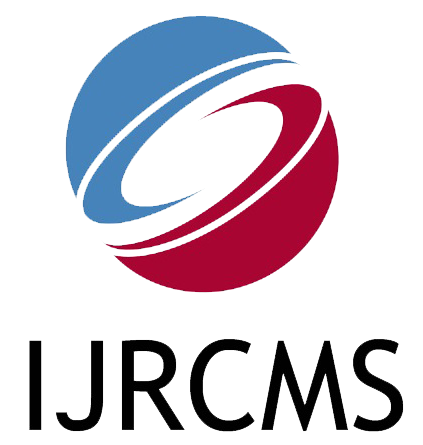| Title: ANALYSIS OF BOOKKEEPING PRACTICES AND ITS IMPACTS ON THE GROWTH OF MICRO AND SMALL ENTERPRISES IN CENTRAL VISAYAS, PHILIPPINES |
| Authors: Kingie G. Micabalo, Winnie Marie T. Poliquit, Rodel C. Pondare, Jeanievic N. Idjao, Mae Rochelle B. Vilbar, Yuri U. Pendon and Younglin J. Hitutuane |
| Abstract: Micro and small enterprise plays a vital role in the Philippine economy as they almost cover all of the businesses in the country. On the other hand, bookkeeping is a vital tool to generate valuable information in decision-making. The study aimed to determine the extent of bookkeeping practices and its effects on the growth of micro and small enterprises in Lapu-Lapu City. This study utilized a descriptive research design using a quantitative approach. The data collection was done through a research-constructed survey questionnaire. The convenience sampling method was used to determine 50 micro and small enterprises as respondents. The data were analyzed and interpreted using frequency and percentage distribution for the profile variables, weighted arithmetic mean for implementation, and impact of bookkeeping. Chi-square was used to test the significant relationships among the variables. Most of the respondents are engaged in merchandising businesses funded through personal funds and have operated the business for less than three (3) years. The respondents have basic bookkeeping knowledge and prefer to do it independently using the manual method of record-keeping. Bookkeeping practices were practiced moderately in micro and small enterprises. However, results showed that bookkeeping has a high impact on the growth of the business. The study further revealed a significant relationship between the level of implementation of bookkeeping and the growth of micro and small enterprises in the locale. This study concludes that the bookkeeping practices of the micro and small enterprises in Lapu-Lapu City have a direct relationship with the growth of the enterprise. Thus, it is important to enhance the owner’s knowledge about implementing correct bookkeeping practices in the enterprise. Consequently, training-seminar about bookkeeping must be conducted for these owners to grasp additional and valuable knowledge on bookkeeping and strengthen their skills on bookkeeping as their tool in decision-making, managing, and operating the business. |
| Keywords: Microenterprise, small enterprise, bookkeeping practices, growth, non-experimental descriptive-correlation, Lapu-Lapu City, Philippines. |
| DOI: http://dx.doi.org/10.38193/IJRCMS.2022.4604 |
| PDF Download |
International Journal of Research in Commerce and Management Studies (IJRCMS)
ISSN 2582-2292, An open access bi-monthly e-journal
